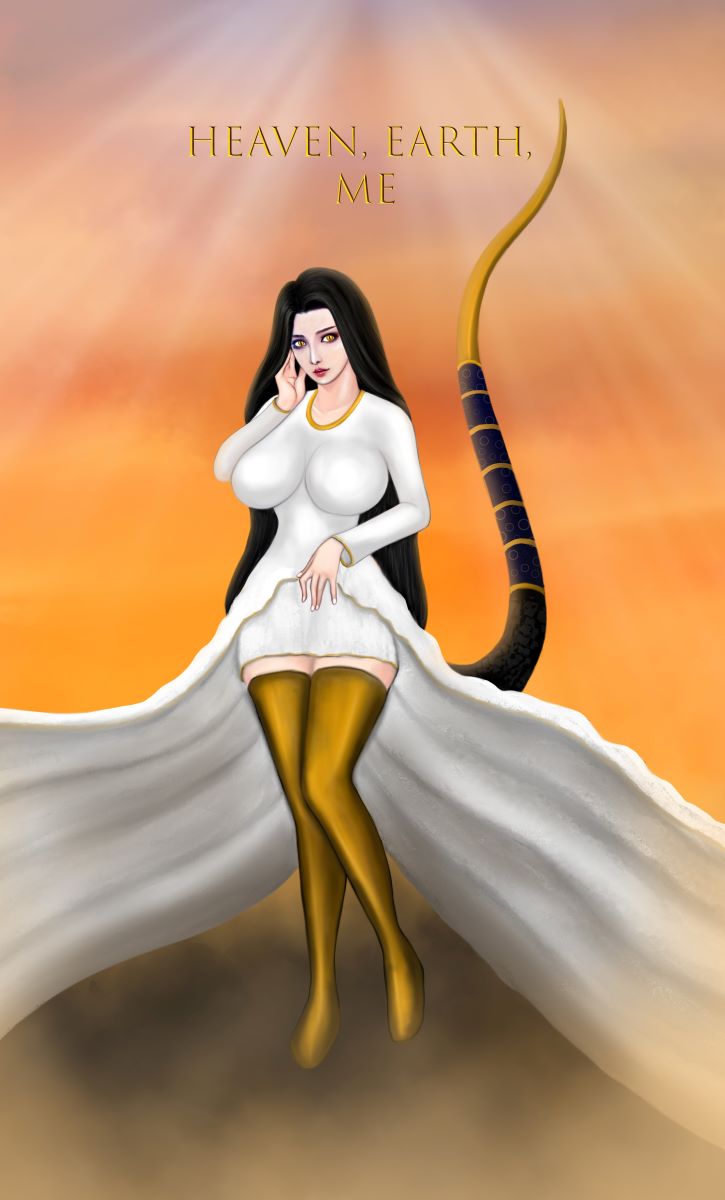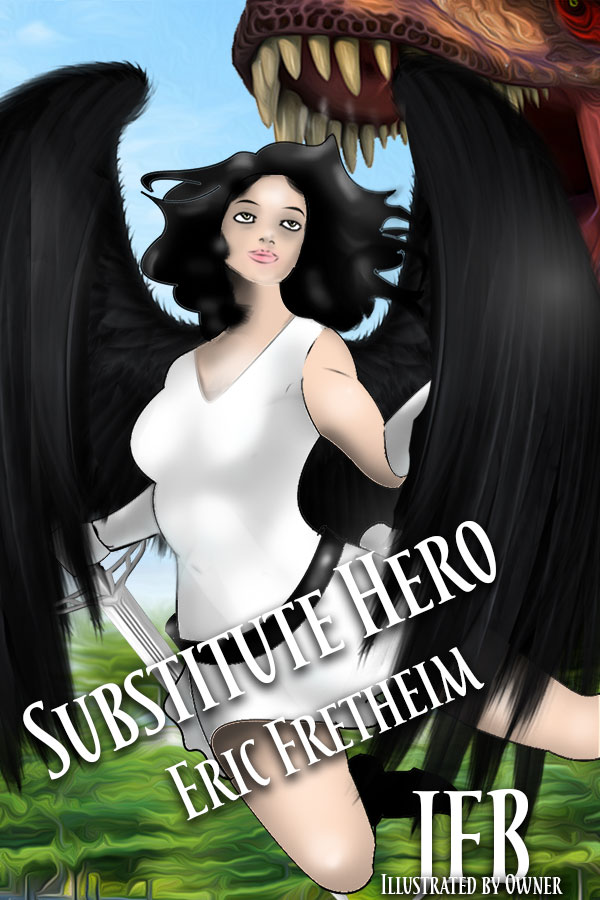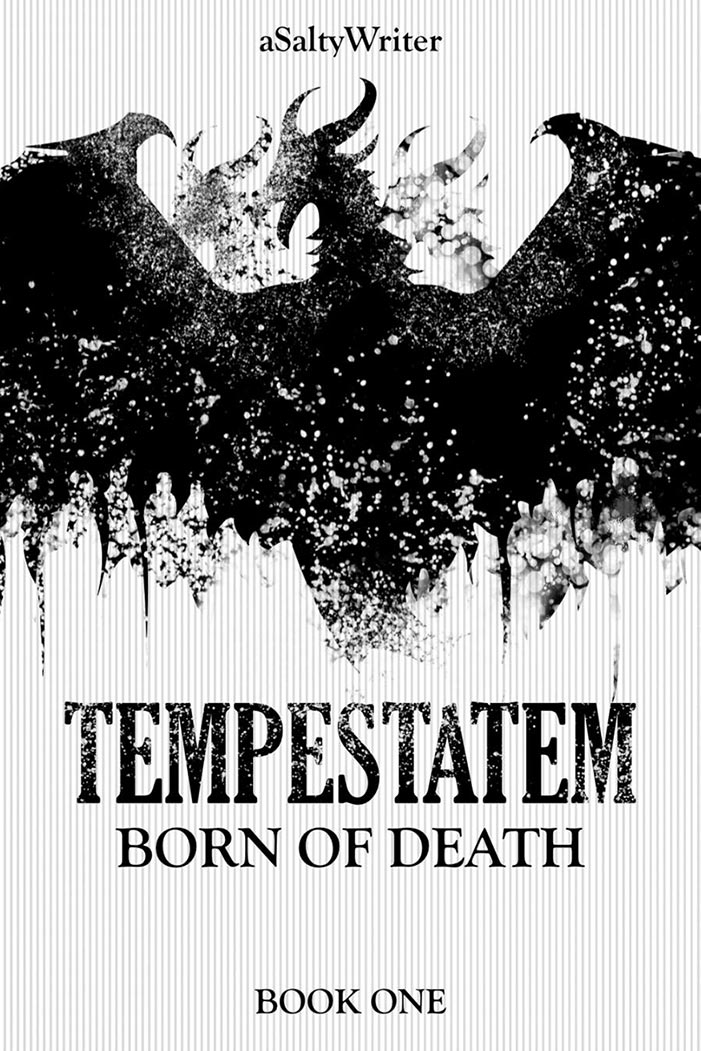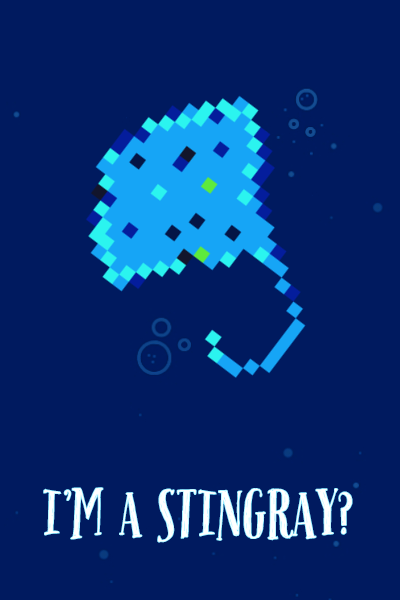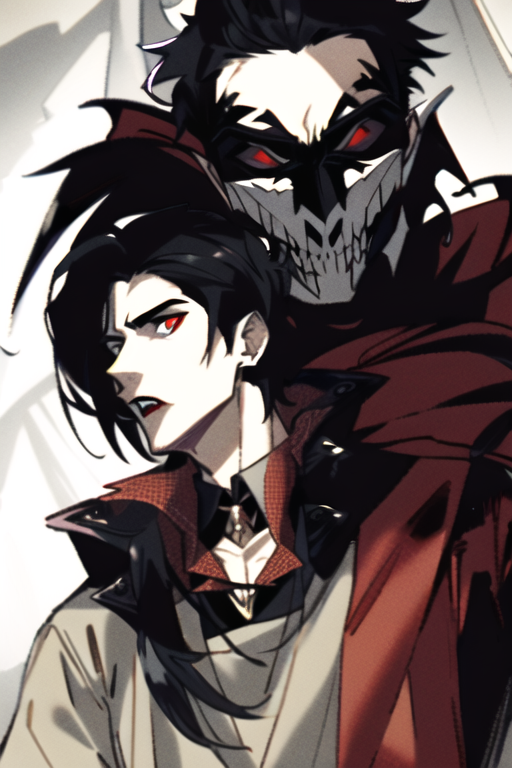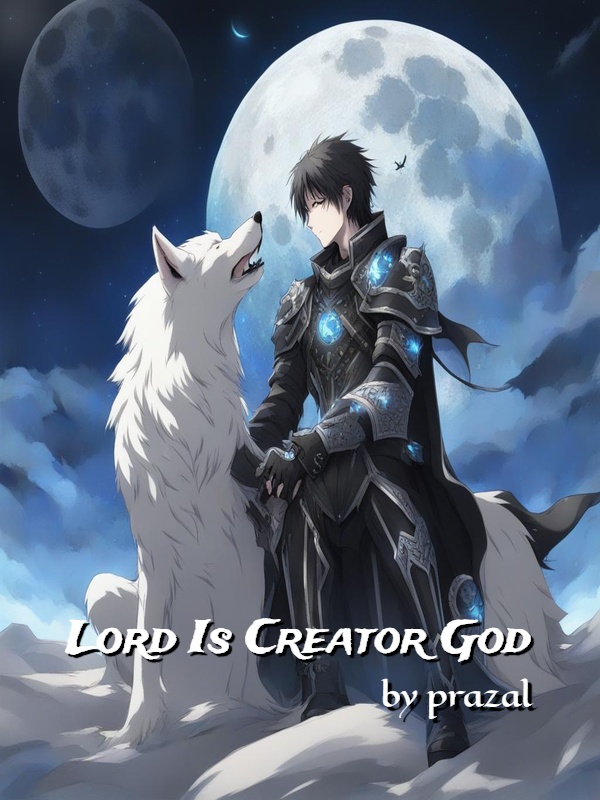§
My meeting with the Fairy Queen, which I had hoped would clear things up, only made them cloudier.
Well, I can’t say it quite that way, can I? I had new things to be confused about, like Morrígan’s very odd claim about the relationship between my mother and father. I had been taught that he had ensnared her and forced himself on her, causing her to become pregnant through the same magic.
As Morrígan had mentioned, fairies cannot abort their children. Their own body fights back against any attempt to end the pregnancy or harm the fetus. Only a fetus that is unviable and dies of natural causes in the womb will fail to reach term. So Mother had to give birth.
But Mother treated Tiana as precious, to the extent of naming her ‘Charming Treasure’. She never showed the slightest dissatisfaction over her conception. I had thought that was due to the wisdom of thousands of years, but could the whole story have been a lie in the first place?
But if that was the case, why did she kill him?
Morrígan and her guests did end up in clear agreement with Gaia that no other woman could give birth to Mother’s next incarnation.
It boiled down to two problems. The child had to be strong enough to host Mother’s soul. And the mother had to be able to bear the child.
Briareos eventually stated it definitively for me, so I could no longer dodge the issue. Within the time period available, Mother could only reincarnate on Huade as an Elder.
Only for a brief moment, during our discussion, was I able to think, Doesn’t that mean we should let her soul depart to Samsara and find a higher world, more appropriate for her next life?
As soon as that thought crossed my mind, I was horrified at myself, because it would be as good as killing Mother myself. Was this the feeling that people who were told to unplug their brain-dead parents from life support feel?
The difference, of course, being that Mother herself had told me she wasn’t ready to leave this world. And I could give Mother a passage back to it.
And the Law of Heaven did not apply until the pendant let her soul leave this world. The immortals were free to help me keep her here, as long as the pendant held her.
I remembered how the HR Manager had been concerned that if I, or rather Tiana, were gone, Mother would up and leave. I had forgotten about it, but the HR Manager’s description of her as ‘defensive geography’ echoed in my mind now.
If she is such a fixture, if the even the gods were counting on her, why would she have left?
“You misunderstood,” Briareos answered my thoughts. “The Immortal who spoke of this was worried that Deharè would leave her current identity as Sasara, out of heartbreak and anger, and that her apparent departure would hearten Owen’s enemies and cause an earlier start to the civil war. Deharè would never actually abandon Doria or Owen, but the kingdom might have been a different matter.”
But was I even suitable to raise her? She wouldn’t be Mother. She would be a helpless infant, an honest-to-goodness newborn baby. And the more I thought about it, the more I felt like a very insecure fifteen-year-old girl.
I really wasn’t used to this feeling at all. Tiana Full Battle Mode was of absolutely no use in this situation.
Before catching some sleep in the Fairy Queen’s pool, I called Little Jia, hoping she had heard from my immortal mother, but no luck. I had slept, hoping to talk again with Gaia or Mother, but I merely caught a nap. I was on my own, for now.
And so, I spent our flight into Pendor mostly keeping to myself. I had the helm for the first half of the flight, conveniently able to dive into the work of navigating the Great Maze Spell so that I didn’t have to think about my problems. But once Dilorè took over the wheel and I had nothing further to do, I went back and found a seat in the passenger cabin of Reia where I could brood.
“Your Highness,” came Mireia’s voice from beside me shortly after I lapsed into thought. I jolted in surprise. I had already been so deep, I didn’t notice her approach.
Thanks to fairy sense, that almost never happens.
The passenger seats on Reia are luxurious. Instead of ‘seat-back trays’, they have an arrangement where a cabinet sits next to the seat. The top can slide forward, revealing a storage compartment beneath, and once it is in the forward position, it folds out to become a dinner table. The craft has a single seat on each side of the aisle, with this cabinet sitting between the seat and the aisle, turning each seat into a little private space.
Double seats at the back, presumably for the servants serving the noble’s family as they traveled, are not as well-equipped, but they made me take one of the fancy seats. I suppose you could call it first class vs. economy seating.
The cabinet top was in its normal position and Mireia was holding a tray with food on it. She freed one hand in order to fold the table top out.
“Thank you, Miss Mireia,” I said.
“It’s ‘Mir’, Your Highness,” she corrected as she set the tray down. It seems the meal was for me.
“Mir,” I repeated, trying to put a smile on my face.
“You didn’t come back to us until after breakfast, so I’m not sure if you’ve eaten,” she noted.
I looked at the meal. The maids had probably scrounged the food from canned and dried stores in the galley, but I’ve eaten far worse while adventuring. I smiled at it.
“They did quite well under the circumstance.”
Her lip quirked and she leaned close to say, “I could have skipped the so-called eggs, but the rest is tasty.”
They were probably made from powdered egg. We couldn’t possibly have actual eggs in the ship stores.
“I’ll get it out of the way first then,” I replied just as quietly, and picked up the spoon provided.
She remained there, watching me. It was pretty hard not to notice the concerned look in her eye.
“Miss… I mean, Mir… I’m alright.”
She replied. “I don’t actually believe you, but I’ll pretend to.”
That made me laugh slightly. I scooped up a bit of the eggs along with a bit of the Spam-like meat. Yes, they were pretty bad.
“There’s no reason to hide your concerns, Your Highness. Any woman would be troubled in your position.”
I nodded, then patted her arm. “I’ll be fine.”
She pressed her lips together, then noted, “When I received counseling training during my studies to become a priestess, I was taught to take that particular phrase with the largest grain of salt possible, Your Highness,” she answered, her eyebrow rising.
It suddenly seemed as if I could see the thirty-something priestess within the teenager facing me.
I nodded. “Naturally. But I will be.”
Mireia had the seat behind mine. I don’t know if that was by design or not, but she slid into the empty space in front of her seat, and then leaned over my seat to wrap her arms around me. The warmth I felt from the gesture wasn’t her body heat, since the seatback was between us.
With her face in my hair, she said, “Your Highness, no woman faces eight months of pregnancy and just says, ‘I’ll be fine’. And there is absolutely nobody expecting you to be fine, so stop trying.”
Huadean human women are pregnant for only two hundred twenty three days. That’s about eight Huadean months. That probably sounds lucky to Earth women, who face two hundred eighty days of pregnancy, but the days, months and years are longer, and I’m confident it actually works out to a slightly longer pregnancy than on Earth.
But for Elders, fairies and Elder-descended monster races like vampires…
I gave a tired laugh and patted her arm again, but she continued hugging me.
“It’s ten months,” I told her.
“What?”
I looked upward, as if I could somehow see her. Well, I could see the top of her pink hairdo.
“For fairies, pregnancy lasts ten months,” I told her.
Ten Huadean months is, by my best estimate of the difference between Huade and Earth time, about one entire Earth year.
“Wow,” she said with a chuckle that transmitted through her arms as well. “I don’t know what to say.”
I put both my arms over hers, then told her, “Thank you. It’s helping. But go ahead and sit down now. I have some thinking to do.
After a final squeeze, she finally let me go. But in parting, she told me, “If it gets too hard for you, tell me.”
§
The Hart river arises in Relador and flows through Suldor, where it turns southeast into the Duchy of Pendor, then turns northeast through Lower Pendor, which is “Lower” on the river than the Duchy, but north of it. It continues north until it passes Atius and eventually becomes a mighty flood two miles wide where it drains the Tasham Fenlands and joins the Great Eastern Sea.
The Tain also flows out of Relador, directly into Pendor, but after it nearly meets the Hart, it runs a completely different direction, eastward through Doria. Faraway, in the East, a major tributary, the Rill, flows westward out of the mountains separating Doria from the lands to the southeast, through Teriedor and East Pendor until reaching the Tain not far from the great delta region where the Tain drains into the Souther Sea near Pendor’s easternmost extent.
Since the Hart also has rivers draining into it from more northern points in the Dragonsbacks, it is an immensely important river for Orestania, the primary transportation network for the heartland of this empire that calls itself a kingdom. But a clever Dorian emperor in the distant past understood the significance of the near intersection of the Hart and Tain in Pendor.
According to legend, he drew a dot on the map between them and ordered a city be built on the most commanding hill near that point, a basin be built in the valley below the city, and a system of canals be dug through the hills, linking the reservoir to both rivers.
When his advisors complained that the cost to accomplish all this would be exorbitant, he told them, “The city you build shall pay the expense. It will grow richer than the richest you can imagine.”
Narses, which in the ancient literary language of Doria means ‘River Fortress’, has been the economic and political heart of Pendor ever since. Even in ancient times, exactly as the emperor foresaw, it grew richer and more powerful than Lang, the ancient capital of the Dorian empire.
Dilorè had the helm for our approach to Narses, but I was with her in the control room to see the city that had been my supposed home since birth, even though I had never lived there. I could see the old fortified city, like an exaggerated castle, crouching above the grand shipping basin that had been re-excavated a dozen times, the suburbs that ringed the basin on the opposite shore and below the fortified city, the multiple canals that extended from the basin and the canals, weaving through the lower city and turning it into a sort of inland Venice. And I could see, on a hill slightly higher than the fortified city, the brooding, ancient Castle of Narses.
My father’s home.
A certain castle in Transylvania is sometimes called ‘Castle Dracula’. Properly, its name is Bran Castle. It’s a truly striking edifice, a beautiful example of 14th century Gothic architecture. The only problem with that castle is that Vlad Tepes, the so-called ‘real Dracula’, never actually lived there.
There is also ‘Castle Dracula’ in Bram Stoker’s novel ‘Dracula’. It is thought by some that Stoker had a description of Bran Castle in hand and based his location on it but he never saw the place. Artists who ignore Bran Castle and depict an image inspired directly from the novel tend to come up with a far more forbidding appearance, with loftier spires and darker colors, a sort of nightmare-colored variation on the various castles on the Rhine.
Mother once told me she was planning to give Narses Castle a white veneer, and reshingle its black rooftops with a bright shade of blue, to fix its dreadful appearance. I could see why, the moment I saw it. As things stood, I was looking at the perfect Castle Dracula.
It certainly suited the image of my father that I had held since birth. But Morrígan’s claim that Mother and Duke Egon had been ‘dearest friends’, and she had born me due to her supposed love for him, were still in my ear, and the way they conflicted with that image still had me confused.


